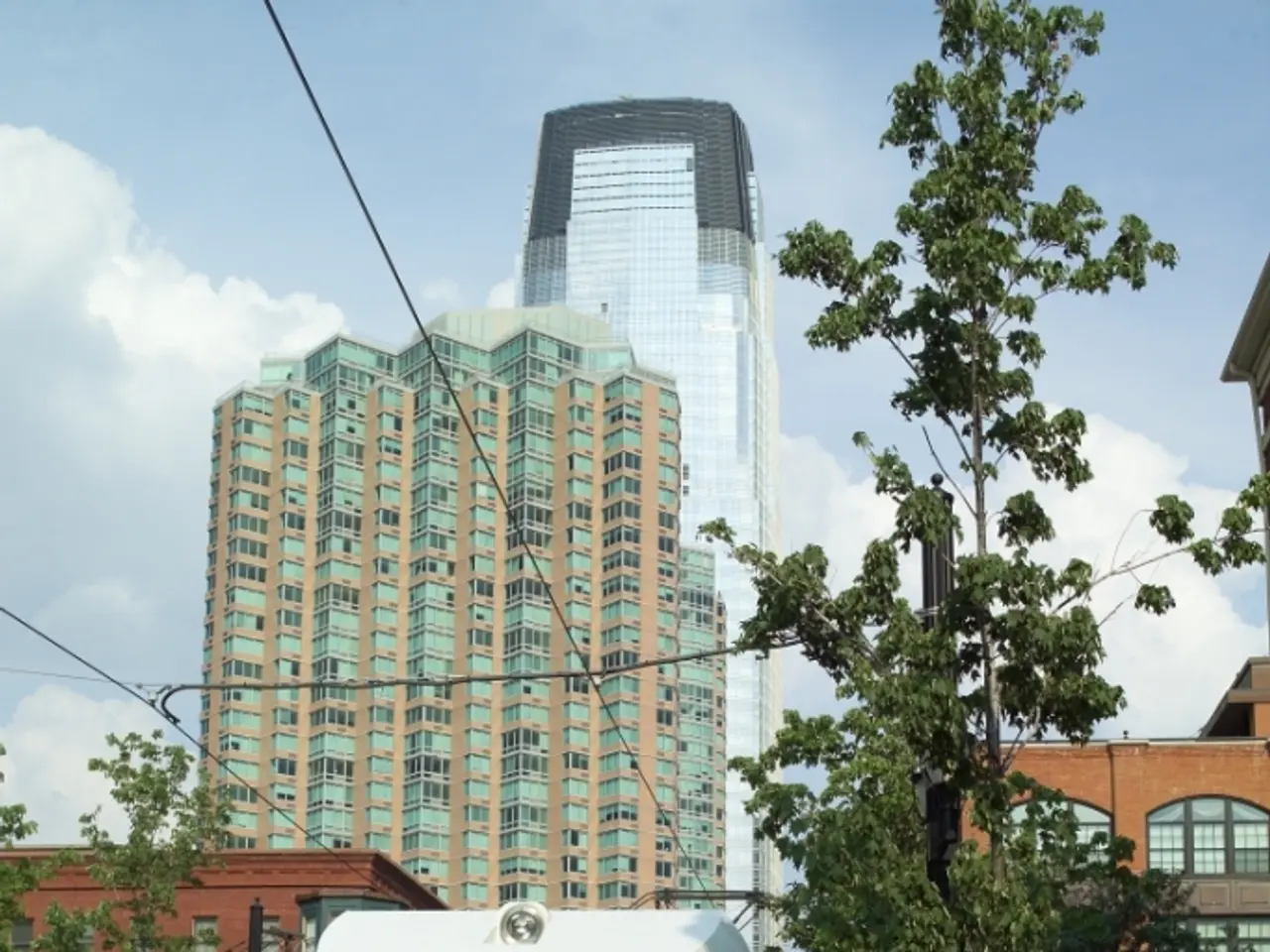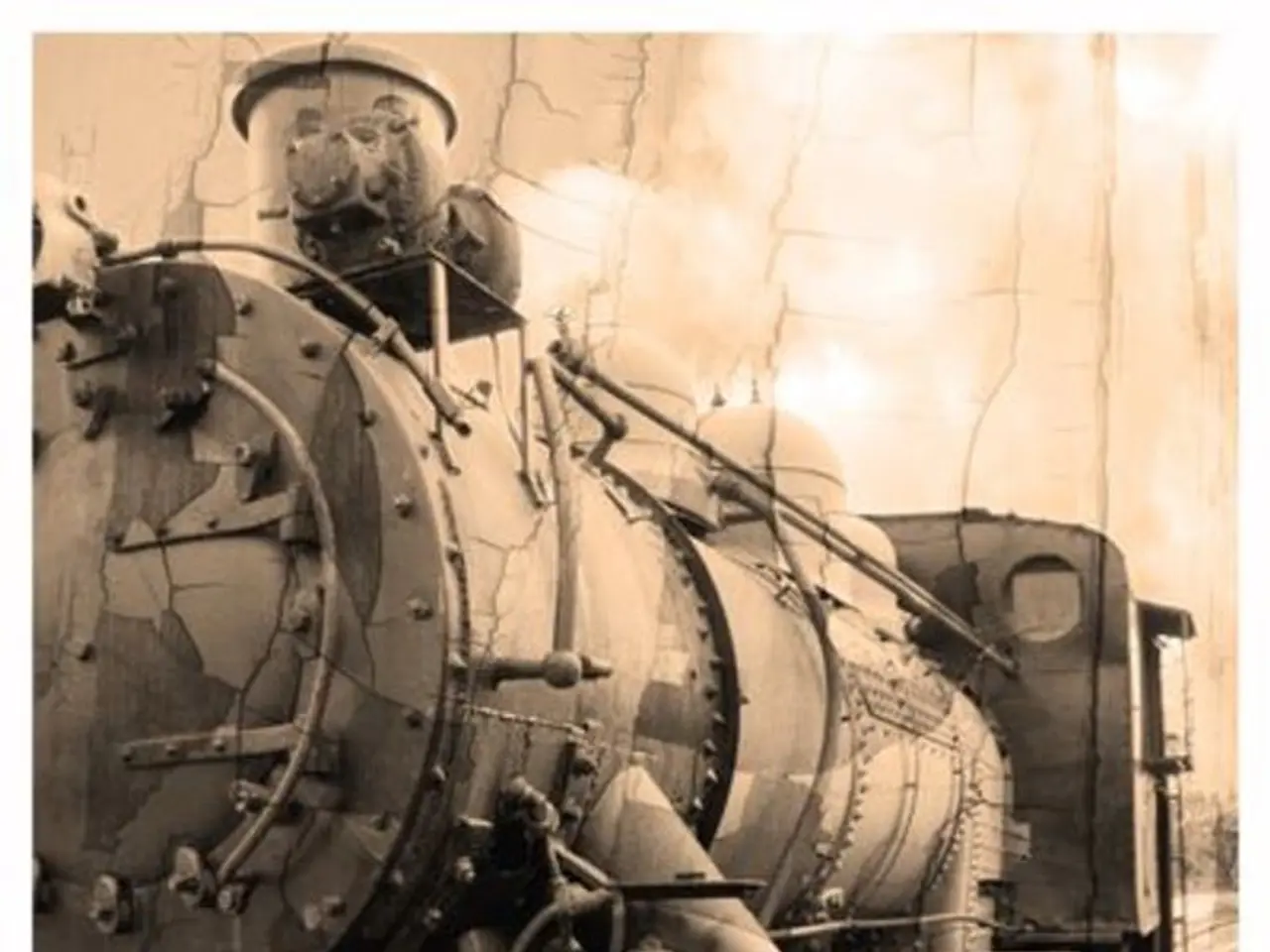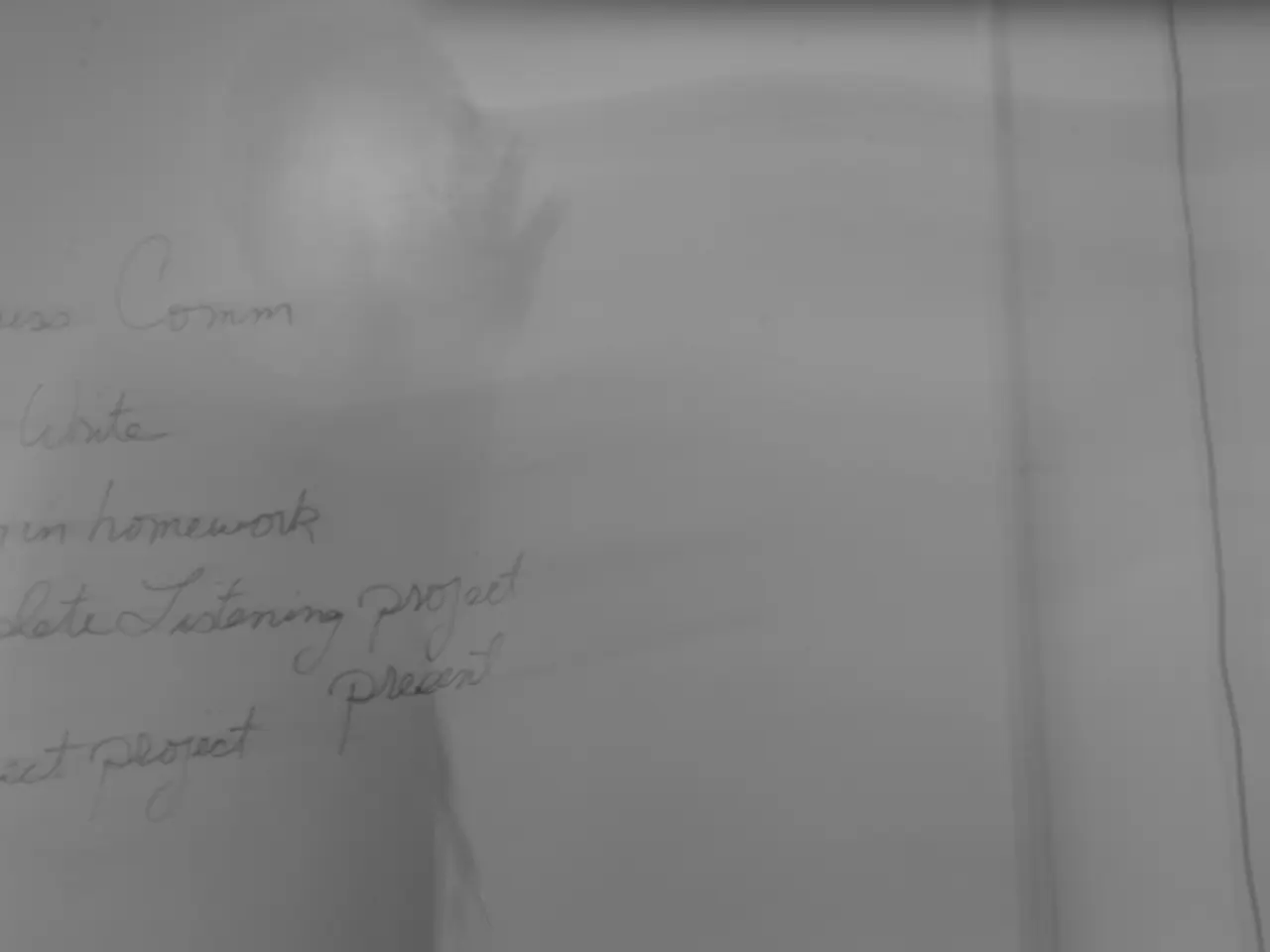Electricity prices potentially increasing in four specified regions, as suggested by Kommersant.
In a series of meetings with the governors of Zabaykalsky Krai, Khakassia, Buryatia, and Krasnoyarsk Krai, discussions regarding potential increases in electricity tariffs for industrial consumers, specifically for Rosseti Siberia, are underway. The meetings aim to address energy management challenges while promoting sustainable and legal mining practices.
The increase in tariffs is not limited to Rosseti Siberia but is part of a national plan, with nationwide housing and communal services tariffs planned to increase from July 1st, with an average increase of 11.9%. For businesses, the average electricity transmission tariff will exceed the average in 45 regions, according to the Center for Electric Energy Research at the Higher School of Economics.
One significant factor driving these discussions is the energy deficits and illegal cryptocurrency mining activities that have strained Russia's energy resources, particularly in regions like Siberia. The strain has led to electricity shortages and increased costs for legitimate users. Increasing tariffs could help manage energy distribution and discourage unauthorized mining.
The Russian government is also actively working to regulate and legalize the cryptocurrency mining sector. Adjusting tariffs could be part of this regulatory framework to ensure that legal mining businesses operate sustainably.
Another factor is the economic measures aimed at controlling electricity consumption by non-registered miners, known as "gray miners." The differential tariff system, introduced in early 2025, charges higher rates for excessive electricity use. This system could be expanded to industrial consumers to manage overall energy consumption and costs.
The financial strain on utilities like Rosseti Siberia due to unauthorized mining activities and energy deficits could necessitate tariff adjustments to maintain profitability and ensure reliable energy supply.
However, it appears that the tariff increases do not seem to be a direct result of Rosseti Siberia's loan costs increasing due to the high key rate. In the first quarter, Rosseti Siberia's revenue increased by 1.6 times to 33.1 billion rubles.
To further support Rosseti Siberia, the company plans to provide a loan of 5.6 billion rubles to its subsidiary for 30 months. Despite the financial challenges, Rosseti Siberia reported a loss of 980.6 million rubles in 2024, according to Kommersant, which has raised concerns about the company's financial stability.
These factors suggest that the meetings are aimed at addressing energy management challenges while promoting sustainable and legal mining practices. For households, electricity tariffs are planned to rise by 12.6%, with the average electricity transmission tariff for households expected to exceed the average in 53 regions.
- The energy management challenges, including illegal cryptocurrency mining that has strained energy resources and led to electricity shortages, are causing discussions about increasing tariffs not only for Rosseti Siberia but for the entire industry.
- The Russian government is considering adjusting tariffs as part of a regulatory framework to legalize the cryptocurrency mining sector, promote sustainable mining practices, and manage overall energy consumption and costs, especially in regions like Siberia that have been significantly impacted.




